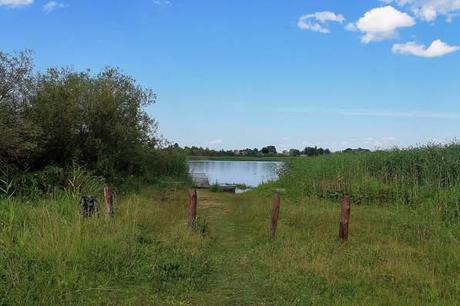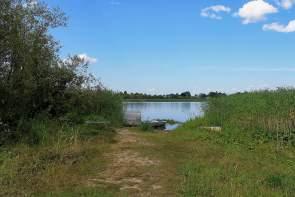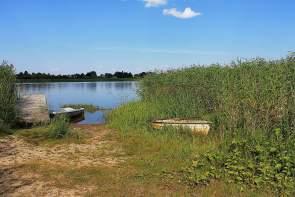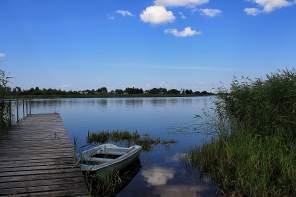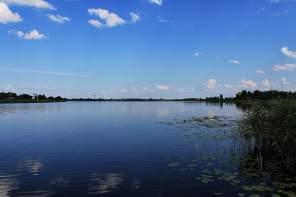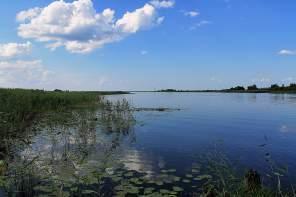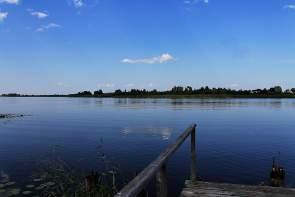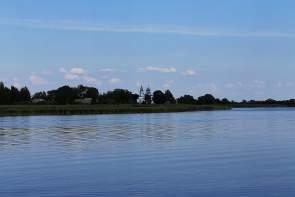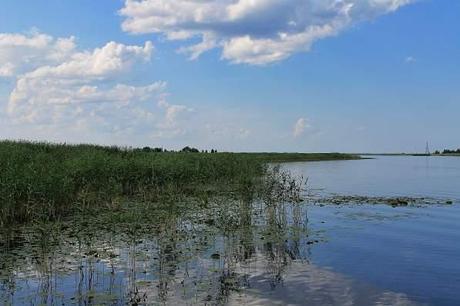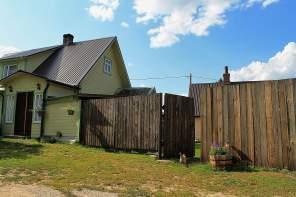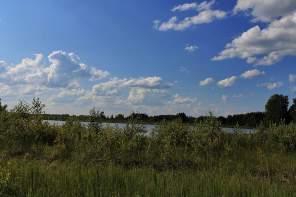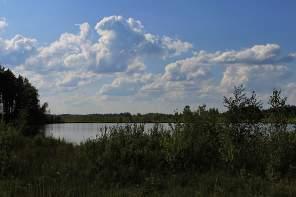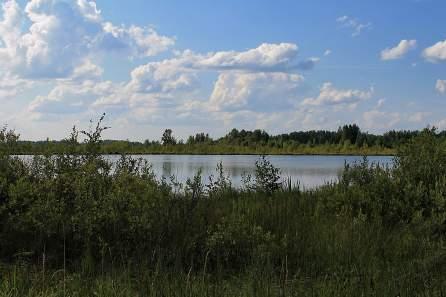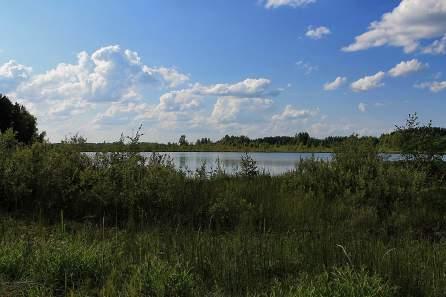After Tallinn, Ingrid and I went to Tartu:
Our first idea was to visit the old center of Tartu, just like what we had done in Vilnius, Riga and Tallinn. But then Ingrid came up with another idea: the Setomaa region in the southeast of Estonia. The local population – also called the Setos – have a mixed Estonian – Russian origin. But the Setos are not Russian nor Estonian; they have their own culture and traditions. Young Setos, on the other hand, are slowly integrating in either Estonian or Russian life. You’ll find more information on www.setomaa.ee.
Our first stop was in Värska, where we visited the local church and cemetery:
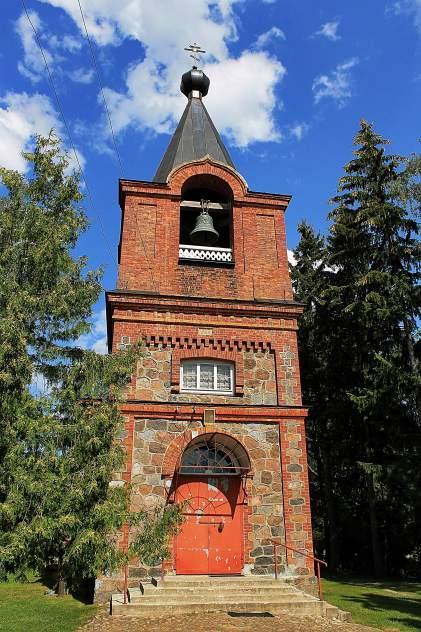
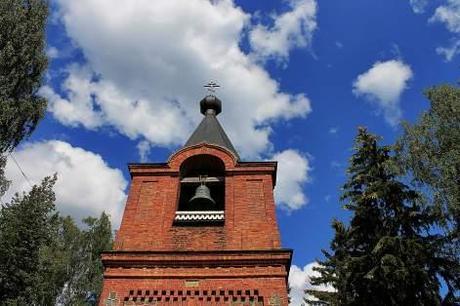
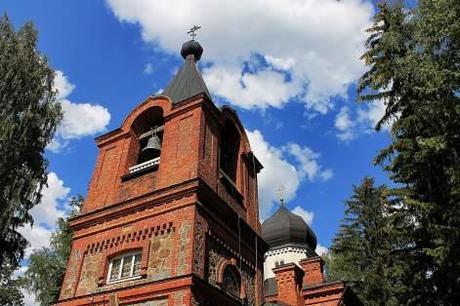
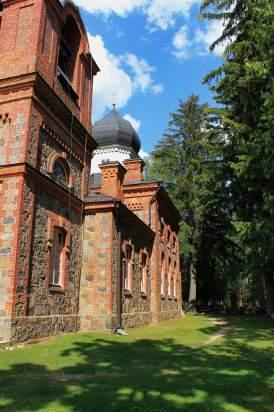
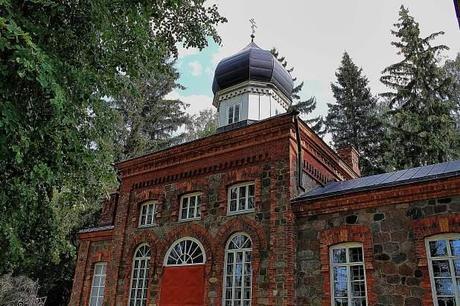
Unfortunately, the church was closed. We could still walk around at the cemetery, which contains the grave of the most famous woman folk singer, who knew 100.000 verses by heart. These women folk singers, by the way, are one of the most important features of the Setomaa culture.
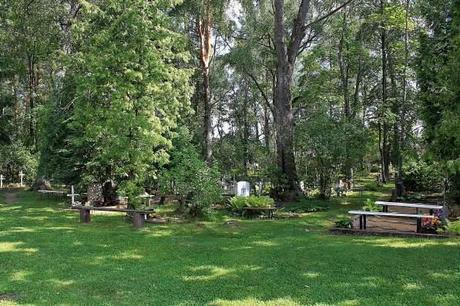
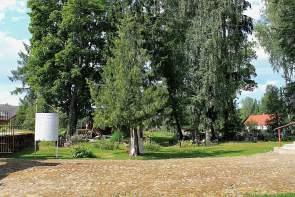
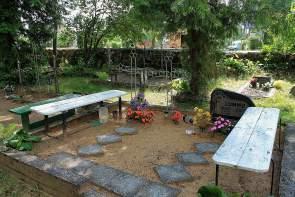
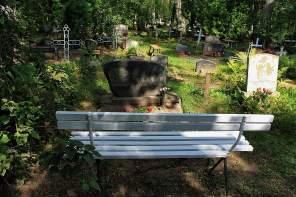
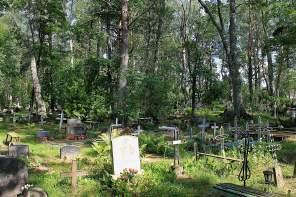
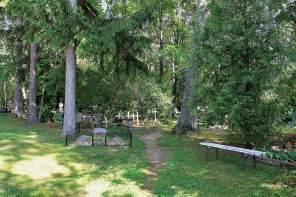
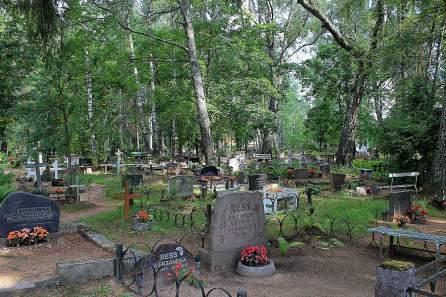
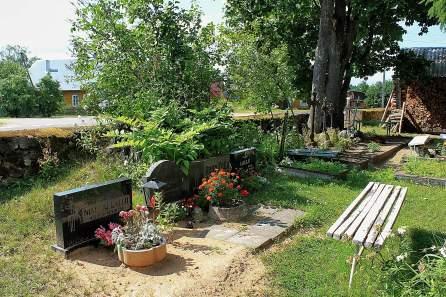
Next stop was Vopolsova, a typical Setomaa village, where the houses are built in clusters, almost like a castle, thus enhancing the feeling of community. Estonian villages are built in the opposite way. And what a stunning landscape!
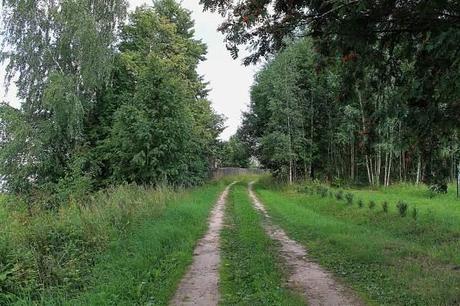
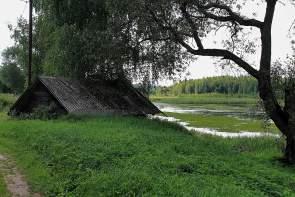
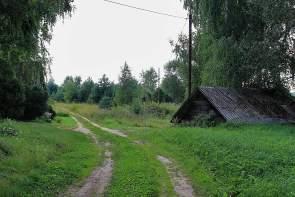
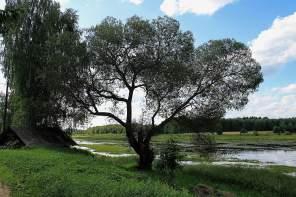
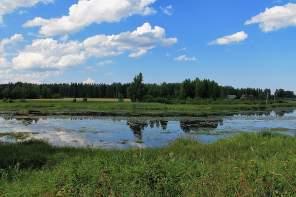
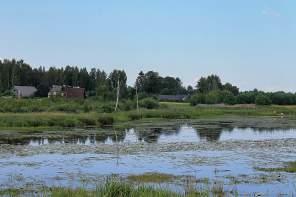
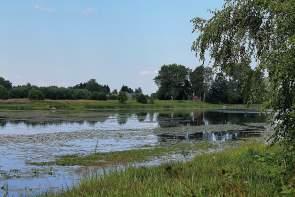
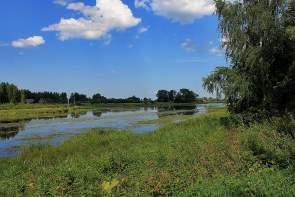
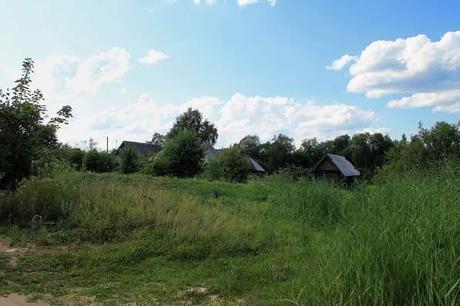
Our last stop was Podmotsa. At the opposite site of the river is Russia! You can clearly see the orthodox church and the watchtower of the border.
